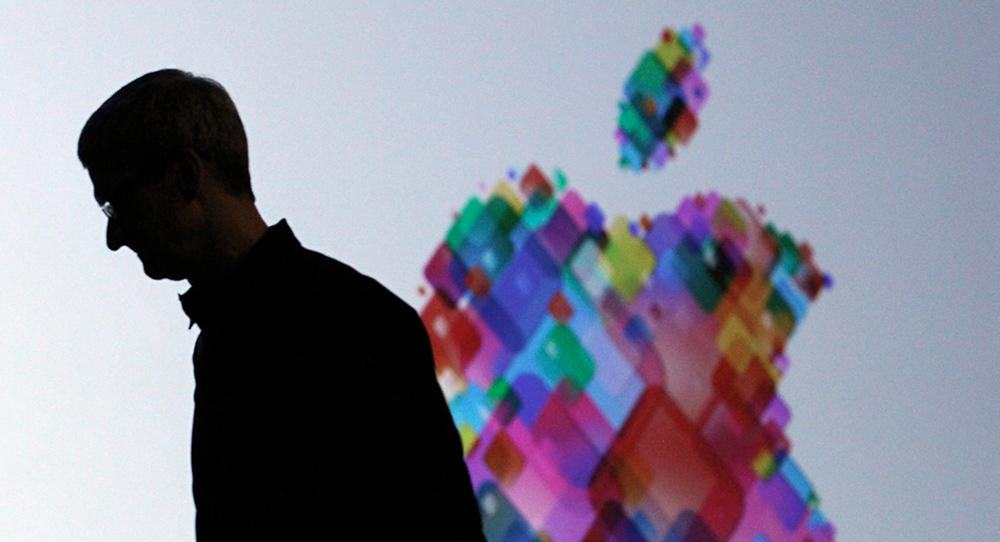Well, Apple fans, I have some good news and some bad news for you this morning. The good news is that it looks like Apple’s new iPhone X is such a smash hit that Apple bears are giving the whole “Apple is doomed” spiel a rest for a while. A report from earlier this week suggested that Apple sold 6 million iPhone X units… during the Black Friday weekend alone. The remarkable feat is made even more mind-boggling when one considers that Black Friday is all about deals, and there are no deals at all on Apple’s $1,000+ flagship iPhone.
Then, of course, we have the bad news. It appears as though “Apple is doomed” may have at least temporarily transitioned to “Apple is sloppy,” and we’re getting some truly special hot takes based on this fun new theme.
I’ve seen a bunch of sloppy takes on Apple’s supposed sloppiness over the past few days. It wasn’t until I came across “Is Apple getting sloppy?” on the BBC website that I felt compelled to share some thoughts on this emerging misconception.
So, what’s the premise of this BBC article? Apple is getting sloppy, you see, because the latest versions of its macOS and iOS software have bugs. Provided as evidence in the article are a grand total of three — yes, three — bugs. The first is the High Sierra root access bug Apple issued a fix for on Wednesday, the second is an earlier High Sierra the revealed forgotten passwords instead of providing a hint (also fixed), and the third is the infamous iOS bug that auto-corrected “I” to an “A” followed by a question mark in a box (yup, also fixed).
The article is a trainwreck from the get go; the caption under the image at the top of the page reads “Users are not used to finding major flaws in Apple’s products.” Umm, what? The iPhone line is in its tenth year and I cannot recall a single launch before 2017 that wasn’t accompanied by at least a few major flaws. “Antennagate” is obviously the most famous among them, but there are dozens.
And what about software? “Users are not used to finding major flaws” in Apple’s software? Really? Has there ever been a version of any major operating system, let alone iOS and macOS, that has been free of major flaws? That was a rhetorical question. The answer is no.
Even if we pretend that all software isn’t inherently buggy, in order to accept the premise that Apple is sloppy we also must pretend that Apple’s software is more prone to severe bugs than comparable software. Remember that period of time when it seemed like a new apocalyptic zero-day Windows flaw would pop up every few months? Well erase that from your memory, please. In fact, let’s just make believe the many, many, many thousands of Windows bugs that have popped up over the past three decades never happened.
There are plenty of instances where Betteridge’s law of headlines does not apply, but no sane human would argue this is one of them. So to answer your question, BBC, no, Apple is not getting sloppy. Software has bugs. Products have flaws. To think these statements are anything other than absolute truths is ridiculous. The best that we as consumers can hope for is that companies work as diligently as possible to fix these flaws. Thankfully, Apple rarely disappoints in this regard.








